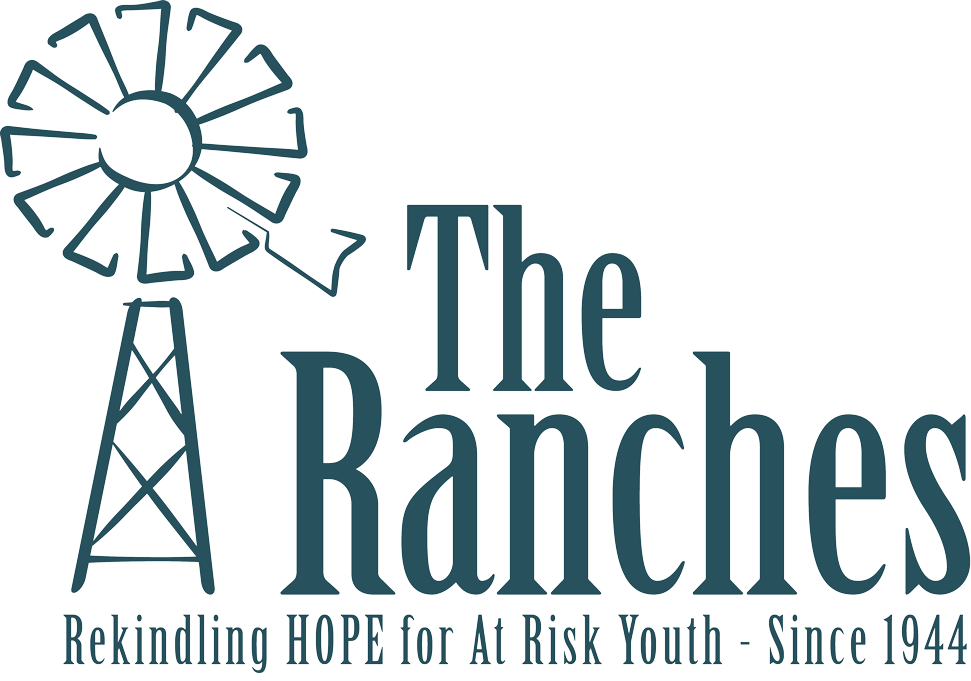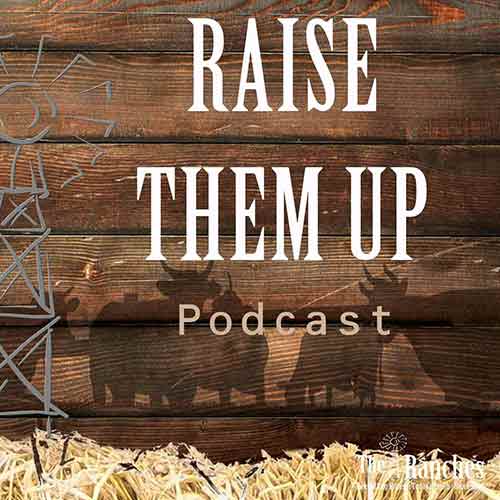I am amazed at how often I hear this from kids and adults today.
When I was growing up, kids were expected to be what their parents, teachers, loved ones and caretakers expected them to be. We were seen by adults as in the process of becoming who we are. They were the guides and it was a journey they chose to take with us because they wanted to contribute. Then along came “Be Yourself” and “Be You” as a strategy for helping others. While I understand the origin and the motivation to encourage others to “be themselves”, I think that the origin story has been lost.
Many kids and adults and minority groups and marginalized people faced an incredible amount of pressure to meet expectation and “fit in” in ways that were harmful and damaging. Being expressive and challenging authority or long held social norms were met with less than compassionate resistance from families and authority figures. Those who were different than expected; those like me; were often made to feel like they had to sacrifice who they were in order to belong and to maintain relationships with people that they genuinely cared about and who, however misguidedly, cared about and for them. When they reached their limit for the ultimatums of their loved ones, they had to choose between being who they were and who they wanted to be, or they set about suppressing their feelings, thoughts and expressions of thought and feelings for the benefit of someone who neither cared to understand who they were nor could handle something about them. In those days, being yourself was achieved when you were willing to accept the consequences of being yourself. That was just how it was until the “Just who I am” approach to dealing with criticism and feedback became the default approach to helping others.
The things is; it has become all encompassing. Some (NOT ALL) have weaponized “just who I am” against anyone who is ever hurt by them or dares to challenge them in any meaningful way. “I cannot adapt, grow or change because who I am is, ‘just who I am”. I’m sorry, but I respectfully disagree.
Michael Jordan was not born as THE Michael Jordan. He was born as an athletic kid with good genes and even better work ethic. He was born with a determination to be the best version of himself; to grow, adapt and change for the benefit of himself, his teammates and his goals. He worked hard, added skills, failed, got back up, got better and eventually found incredible success as the best version and expression of his athleticism, intelligence and work ethic. The best version of himself. To say otherwise attempts to diminish how hard he worked to become THE Michael Jordan.
Imagine if we approached relationships this way.
No one is born honest, or a leader, or tough, or a hard worker, or comfortable with conflict, or a good communicator, or a writer. Those are all skills that we can achieve when we are dedicated to being the best version of ourselves. I was not born with the ability to put my thoughts and feelings into words. I wasn’t even born with the ability to read. I developed those skills on purpose. It still isn’t who I am as much as a skillset that I have worked to add.
Kids are born with genetic predispositions and the potential for talent. Great adults teach us to cultivate those predispositions into skills and talent; usually by example. We learn, grow, adapt, fail, get up, work harder, and find success. We do this because we find the reasons to embark on the difficult journey of growth, self discovery and self awareness. And the process is hard and painful. It is, however, worth it. Those that throw their hands up and say “that’s just who I am”, marginalize and minimize all of those who have decided that they can take whatever they were born with and build up skills and talent that allow them to become the best versions of themselves.
Maybe, just maybe, we should stop proclaiming that our actions are due to us being “just who we are” and start being honest with those around us and tell them the hard truth. “You aren’t important enough to me to work to grow and adapt and learn and even change…even if I’ve hurt you.” While difficult, this would allow for us to help those that look up to us to start seeing us for who we are. If they are lucky enough to have great role models other than those who lazily proclaim “just who I am”, they can then begin to see themselves as capable of emotional, physical, and intellectual growth. It would also eliminate those people who weren’t willing to grow in pursuit of a better relationship with us.
But, if we’re willing to lead the way, kids may even learn to work to become the best version of themselves instead of settling for “just who I am” as their default response to difficult situations.

